Ministry re-verifies pension payroll to eradicate ghost combatants
Mozambican Supreme Court promises to hold accountable those responsible for the post-election protests
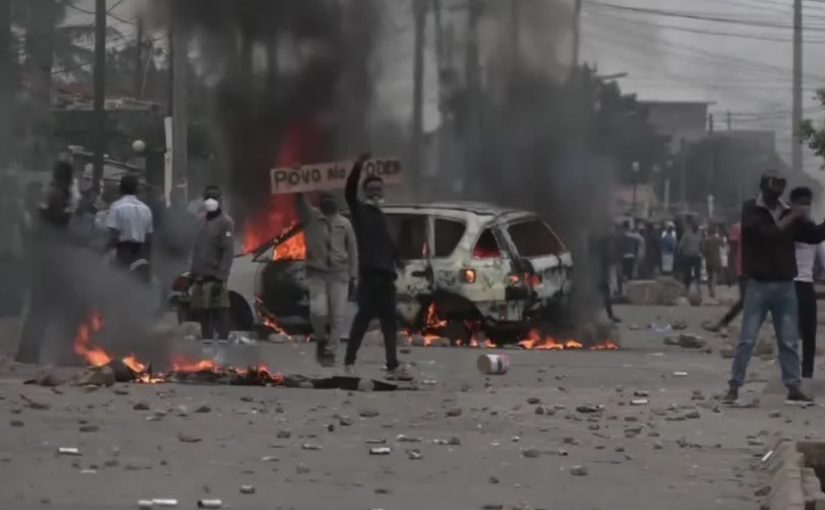
File photo: Reuters
The president of the Mozambican Supreme Court (TS) promised on Friday to hold accountable the “material, moral, inciting and financing” authors of the post-election protests that culminated in vandalism and destruction, arguing that action is necessary to restore the authority of the state.
“We are trying to avoid the idea that there is impunity, that people can wake up and do whatever they want, so we are going to hold accountable the material authors, the moral authors, the inciting and financing [authors] and promoters,” declared the president of the TS, Adelino Muchanga, after visiting courts premises destroyed and vandalized during the riots.
This work, he added, “is being done, and I think society understands that it is time for the state to impose its authority”. At hand are the protests and strikes in Mozambique since last October against the election results, during which much public and private infrastructure was destroyed.
Speaking to the media, the president of the Supreme Court said that the perpetrators of the protests would be held accountable, indicating that the action aimed to protect the “foundations of the state” that “are being attacked”.
“There are several and they have been identified. As I said, I will not mention their names here, but we are working to map out all the situations. We know that this organization is structured, has leaders at the central level, at the local level, in the villages, so people cannot think that the state does not exist,” said Muchanga.
The president of the Supreme Court of Mozambique said last December that there was no extant arrest warrant for Venâncio Mondlane, the presidential candidate who was at the time leading, from abroad, the largest protest against the election results that the country has ever seen.
“There is no arrest warrant in the Mozambican courts against the engineer Venâncio Mondlane,” Adelino Muchanga told the media on the sidelines of an event held by the Attorney General’s Office in Maputo. “This means that if he has now arrived in Mozambique, he is naturally a free citizen.”
Mozambique has been experiencing a climate of intense social unrest since October, with demonstrations and strikes initially called by then presidential candidate Venâncio Mondlane.
Since October, at least 327 people have died, including around two dozen minors, and around 750 have been shot during the protests, according to the electoral platform Decide, a non-governmental organization that monitors electoral processes in Mozambique.


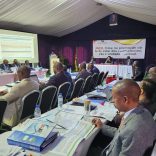
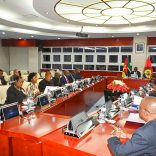

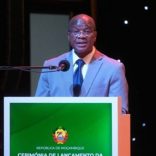
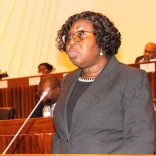
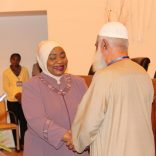





Leave a Reply
Be the First to Comment!
You must be logged in to post a comment.
You must be logged in to post a comment.